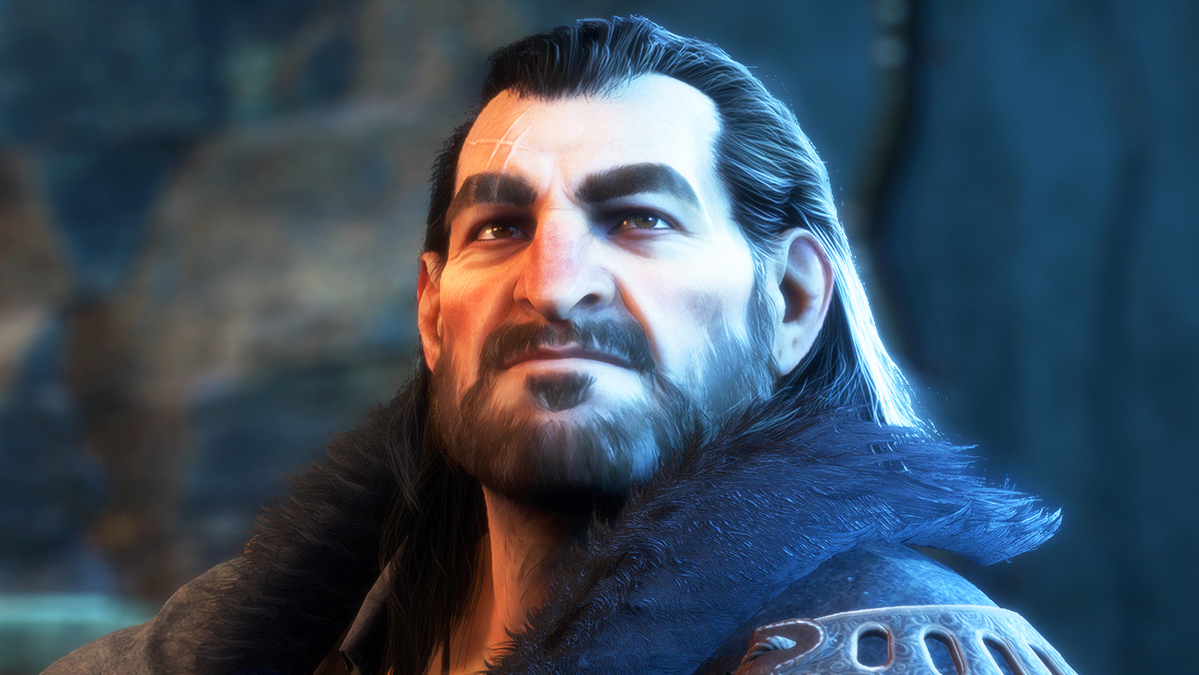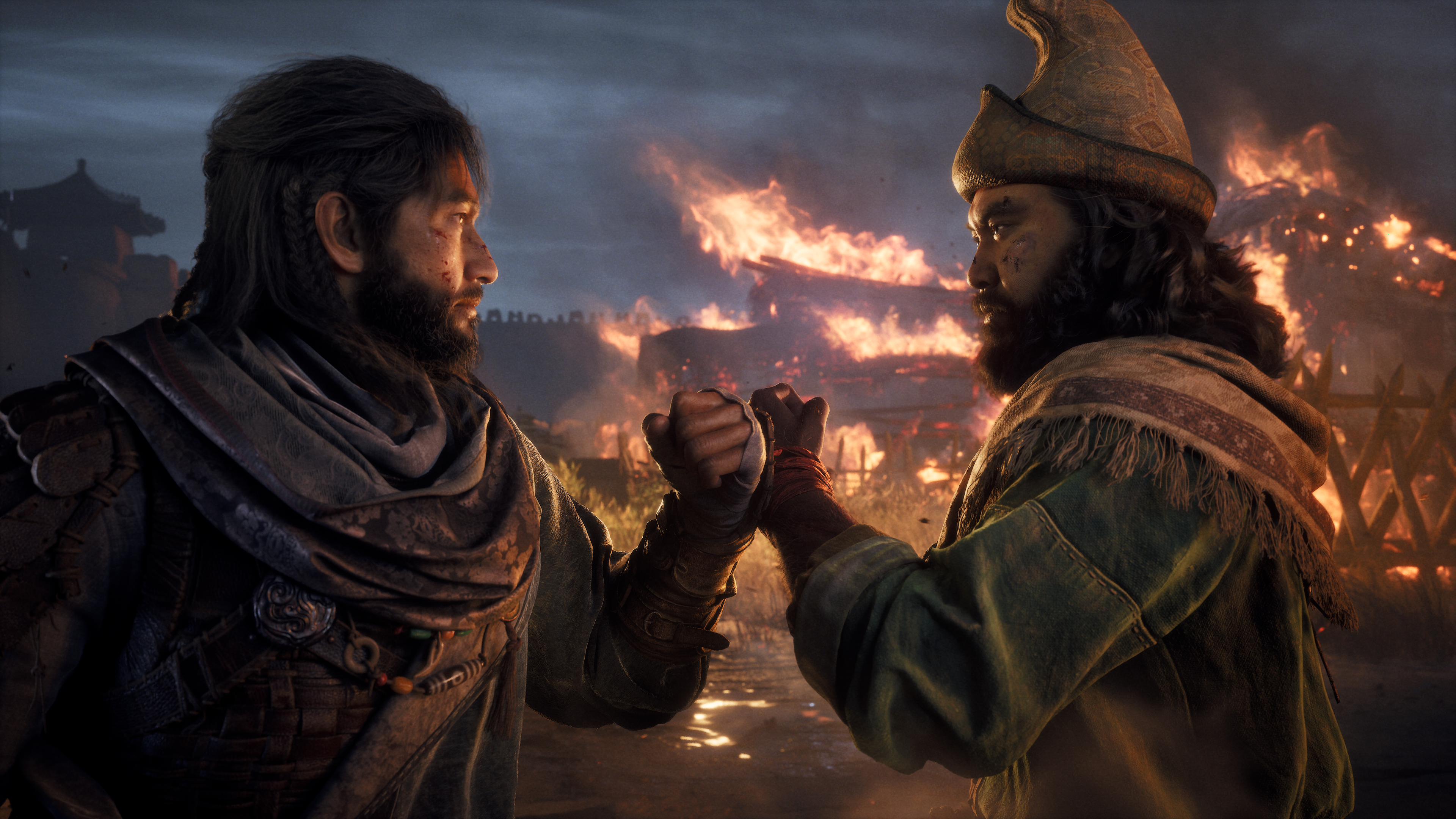
Live service isn't the answer to everything.
EA’s CEO, Andrew Wilson, recently voiced some bizarre criticism of Dragon Age: The Veilguard during a quarterly financial call. He suggested that the game struggled because it didn’t have any live service components.
EA did announce that The Veilguard underperformed, even if expectations were perhaps set a little too high, but blaming this on the game not being a Fortnite ripoff misses the point entirely. I’m not sure any amount of live service elements could’ve saved this game from the poor writing, pacing, and lackluster companions. It seems that a few former Dragon Age developers agree with this sentiment that live service is not the right move.
“Look, I’m not a fancy CEO guy,” former Dragon Age creative director Mike Laidlaw says (via Eurogamer). “But if someone said to me, ‘the key to this successful single-player IP’s success is to make it purely a multiplayer game. No, not a spin-off: fundamentally change the DNA of what people loved about the core game.’ I’d probably, like, quit that job or something.”
I do want to point out that I don’t think it’s fair to say that the plan was to make The Veilguard into a purely multiplayer game; instead, it would be a singleplayer game with live service features. And telling everyone that you’d probably “quit that job or something” a week after BioWare veterans confirm that EA has laid them off is also a bit tone-deaf. But the point about changing a game’s DNA just to pander to what some suits think is the biggest possible consumer market available is not the right mentality to make a great game that is actually enjoyable.
David Gaider, another BioWare veteran, also offered up his opinions as to what EA should focus on next, and it’s not live service. “My advice to EA (not that they care): you have an IP that a lot of people love,” Gaider says. “Deeply. At its height, it sold well enough to make you happy, right? Look at what it did best at the point where it sold the most. Follow Larian’s lead and double down on that. The audience is still there. And waiting.”
Gaider also points out that the internal projections for The Veilguard may have been too high. Therefore, EA’s statement that it underperformed may be more indicative of unrealistic metrics than the game itself.
“Let’s be clear: you don’t have those numbers,” Gaider says. “Nobody outside of EA does, and we only know what they tell us—though the fact they’ve said little, in fact, says a lot. For a return of the series after 10 years, they wanted numbers they could ballyhoo. Whatever they are, they didn’t get them. Does that make Veilguard a failure? Depends on your metric.” All in all, the future of Dragon Age doesn’t look too bright right now, and despite calls that the idea of Dragon Age can live on through its fans’ creative ventures, players shouldn’t have to rely on fanmade creations to enjoy a much-loved and established series like Dragon Age.




